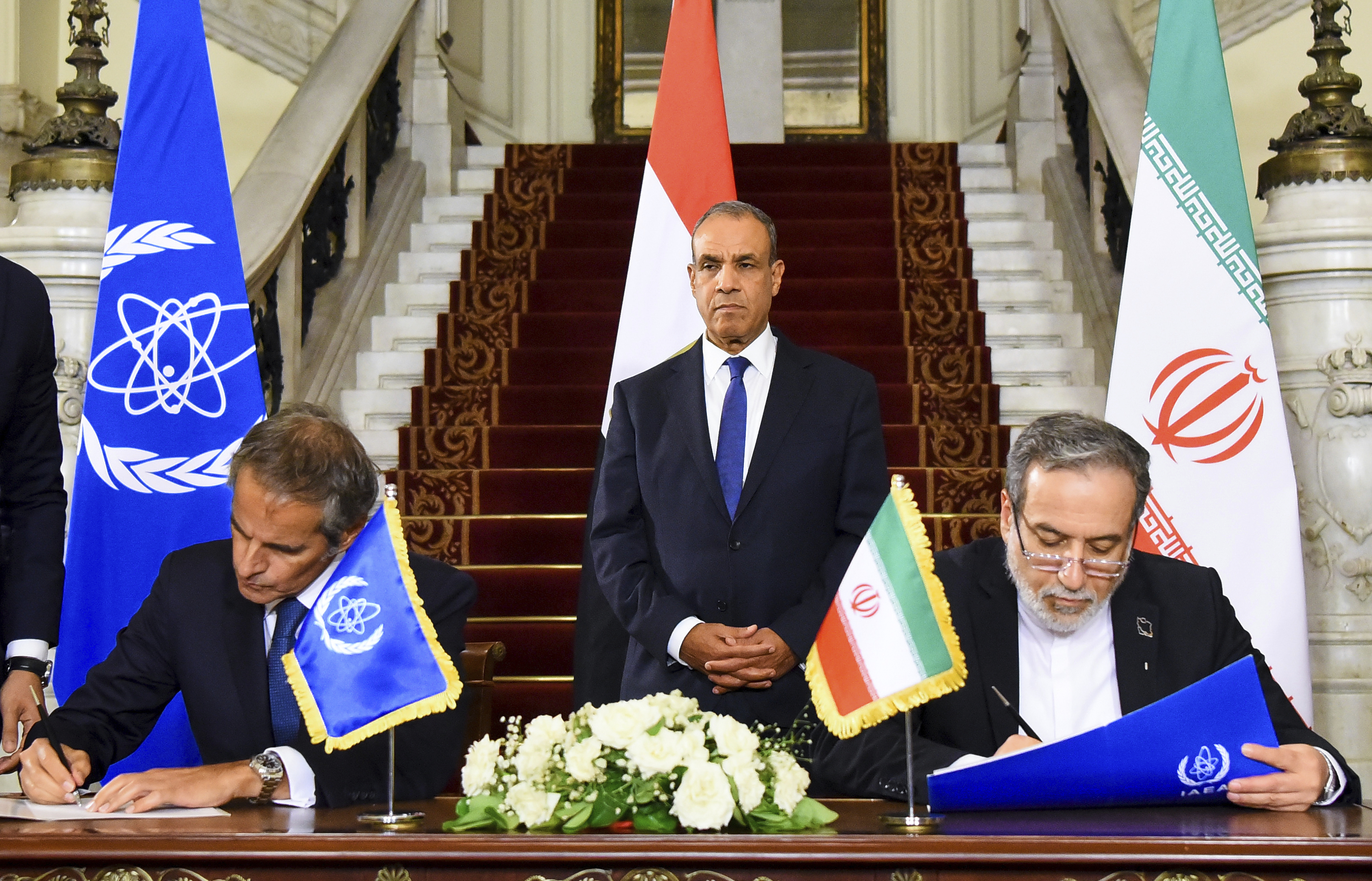
TEHERAN - Iran's Foreign Ministry on Sunday dismissed as "baseless and irresponsible" the recent accusations by the members of the Group of 7 (G7) and their partners.
In a statement on Friday, the group accused Iran and its intelligence services of "transnational repression and (carrying out) other malign activities, such as attempting to kill, kidnap and harass political opponents abroad".
The Iranian Foreign Ministry criticized the accusations as "false," calling them a "flagrant distortion of realities and a hypocritical projection by those ... who have themselves led to the spread of law-breaking and escalation of insecurity in different parts of the world".
ALSO READ: G7 foreign ministers call for resumption of talks on Iran's nuclear program
It called on the G7 members to be accountable for their inappropriate actions, notably by undermining regional and international stability and security through "complicity and partnership in Israel's flagrant violations of international law" in the occupied Palestinian territories.
Also on Sunday, Iran's Supreme National Security Council (SNSC) said that the agreement signed between Teheran and the International Atomic Energy Agency (IAEA) earlier this week on the resumption of bilateral cooperation has been compliant with its approval.
"The text of the arrangements (between Iran and the IAEA) has been reviewed by the SNSC's nuclear committee, and what has been signed corresponds entirely to what the committee had approved," the SNSC's secretariat said in a statement.
However, the statement stressed that should any hostile action be taken against Iran and its nuclear facilities, including the reinstatement of the terminated resolutions of the United Nations Security Council, the implementation of the arrangements would be stopped.
READ MORE: Iran, IAEA sign deal to resume cooperation
Following a meeting in the Egyptian capital Cairo on Tuesday, Iran's Foreign Minister Seyyed Abbas Araghchi and IAEA Director General Rafael Grossi signed an agreement on the resumption of bilateral interactions under the new circumstances in the aftermath of the Israeli-US June attacks on Iranian nuclear facilities.
Prompted by the Israeli-US strikes, the Iranian parliament and Constitutional Council in late June passed a law to suspend the country's cooperation with the IAEA.
After the suspension, Iran said any inspections by the IAEA must be approved by the SNSC and that the suspension will persist until guarantees are provided for the safety of its nuclear sites and scientists.


